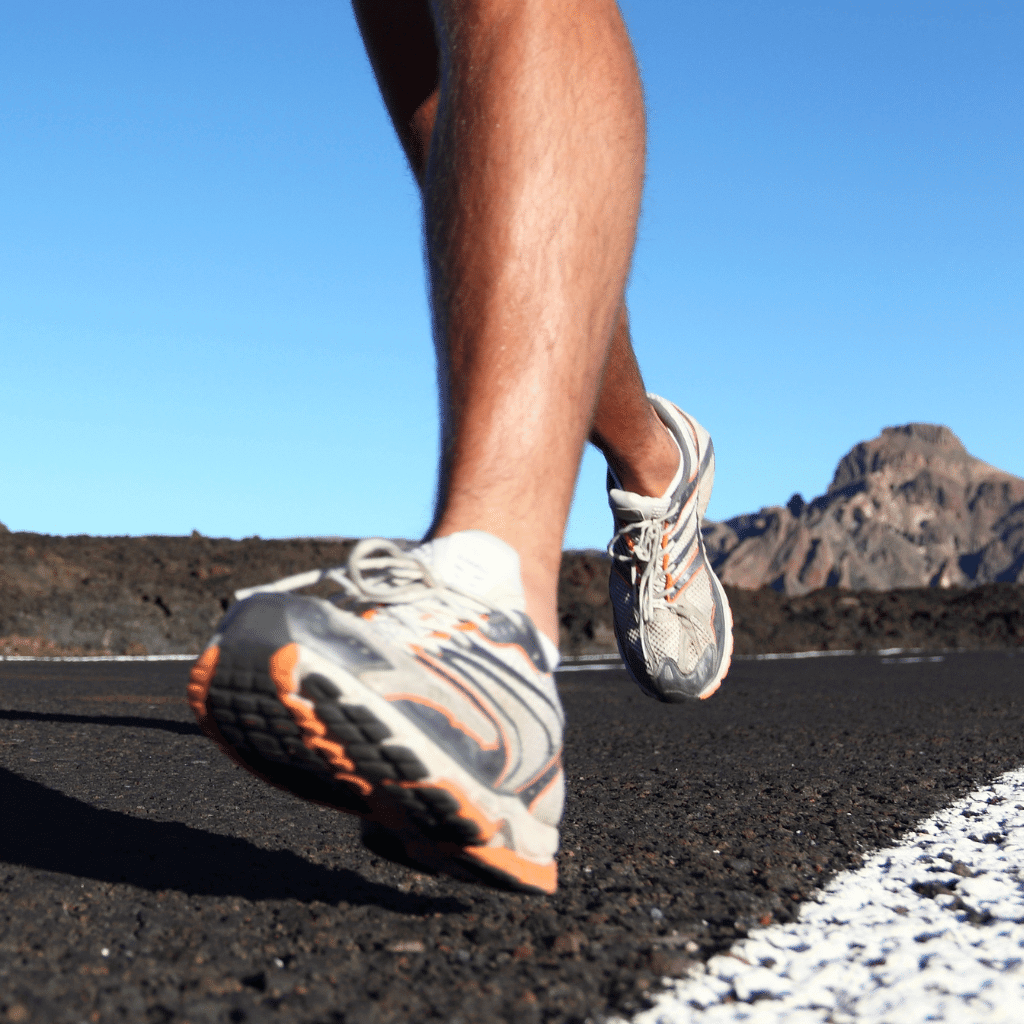
Running is not only a physical activity but also a mental and emotional journey. Whether you're pounding the pavement for miles or tackling rugged trails, each step you take puts stress on your body, pushing it to adapt and grow stronger. However, with this physical exertion comes the inevitable toll it takes on your muscles, joints, and overall well-being.
One of the most overlooked aspects of running is the recovery process that follows. Recovery is the body's natural response to exercise-induced stress, encompassing a series of physiological and psychological mechanisms aimed at restoring homeostasis and preparing the body for future challenges. Without adequate recovery, the risk of overuse injuries, burnout, and performance plateaus increases significantly.
As runners, we often focus on the miles we log, the pace we maintain, and the races we conquer, but we must also prioritize the time we dedicate to recovery. It's during these moments of rest and rejuvenation that our bodies undergo repair and adaptation, allowing us to bounce back stronger and more resilient than before.
Recovery is not a passive process but an active investment in our health and longevity as runners. It involves a combination of rest, hydration, nutrition, and targeted interventions designed to accelerate healing and prevent injuries. By incorporating effective recovery tools and techniques into our routine, we can enhance our performance, extend our running careers, and experience the joy of running for years to come.
In this article, we'll explore the importance of recovery in running, the benefits of utilizing recovery tools, and recommended strategies for incorporating these tools into your routine. Whether you're a seasoned athlete or a novice runner, understanding the role of recovery and implementing targeted interventions can make a world of difference in your overall well-being and running success.
Benefits of Utilizing Recovery Tools
- Speeds up the healing process
- Reduces muscle soreness and fatigue
- Prevents injuries by addressing imbalances and weaknesses
- Enhances overall performance and endurance
- Improves flexibility and range of motion
Recommended Recovery Tools for Runners
1. Foam Roller
A foam roller is an excellent tool for self-myofascial release, helping to alleviate muscle tightness and trigger points. By rolling over different muscle groups, runners can improve blood circulation and flexibility while reducing soreness.
2. Compression Gear
Compression garments, such as socks, sleeves, and tights, apply gentle pressure to the muscles, promoting faster recovery by reducing swelling and inflammation. They also provide support to key muscle groups, aiding in injury prevention.
3. Massage Therapy Tools
Massage therapy tools, such as massage balls and sticks, allow runners to target specific areas of tension and release knots in the muscles. Regular use can improve muscle recovery and prevent overuse injuries.
4. Electric Muscle Stimulator (EMS)
An EMS device delivers electrical impulses to the muscles, causing them to contract and relax. This technology can enhance circulation, reduce muscle soreness, and promote faster healing after intense workouts.
5. Cold Therapy
Cold therapy, including ice packs and cold baths, can help reduce inflammation and numb pain associated with running injuries. Applying cold to sore muscles after a run constricts blood vessels, limiting swelling and speeding up recovery.
6. Heat Therapy
Heat therapy, such as heating pads or warm baths, increases blood flow to the muscles, promoting relaxation and easing stiffness. Heat can be particularly beneficial before stretching or as part of a post-run recovery routine.
7. Yoga and Stretching Accessories
Yoga mats, blocks, and straps are essential tools for runners looking to improve flexibility and prevent injuries. Incorporating yoga and stretching into a recovery regimen can help maintain muscle balance and range of motion.
8. Hydration and Nutrition Supplements
Proper hydration and nutrition are crucial for supporting the body's recovery process. Electrolyte drinks, protein powders, and recovery shakes can replenish depleted nutrients and aid in muscle repair.
How to Incorporate Recovery Tools Into Your Routine
To maximize the benefits of recovery tools, it's essential to incorporate them into your post-run routine consistently. Here are some tips:
- Allocate time for recovery after every run, regardless of intensity or distance.
- Experiment with different tools to find what works best for your body and specific needs.
- Start with gentle movements and gradually increase pressure or intensity as tolerated.
- Combine recovery tools with other techniques such as stretching, foam rolling, and hydration for comprehensive recovery.
- Listen to your body and adjust your recovery routine based on how you feel.
- Consult with a healthcare professional or sports therapist for personalized recommendations.
Conclusion
Investing in proper recovery tools is essential for runners looking to stay injury-free and perform at their best. By incorporating these tools into your post-run routine and prioritizing recovery, you can speed up healing, reduce muscle soreness, and prevent injuries, allowing you to continue enjoying the sport for years to come.
Remember that recovery is not a one-size-fits-all approach. It's essential to listen to your body, experiment with different techniques, and adjust your routine based on your individual needs and preferences. Whether you prefer foam rolling, compression gear, massage therapy, or a combination of various tools, consistency is key to reaping the benefits of recovery.
Additionally, don't overlook the importance of rest, hydration, and nutrition in your recovery plan. Adequate sleep, proper hydration, and a balanced diet rich in nutrients are fundamental pillars of recovery that complement the use of recovery tools. By taking a holistic approach to recovery, you can optimize your body's ability to repair and rebuild, ensuring that you're ready to tackle your next run feeling strong and rejuvenated.
As you incorporate recovery tools into your routine, remember that recovery is not just about physical well-being but also mental and emotional health. Taking the time to unwind, relax, and recharge after a run can help reduce stress, improve mood, and enhance overall quality of life. Embrace recovery as an essential part of your running journey, and you'll reap the rewards both on and off the track.








